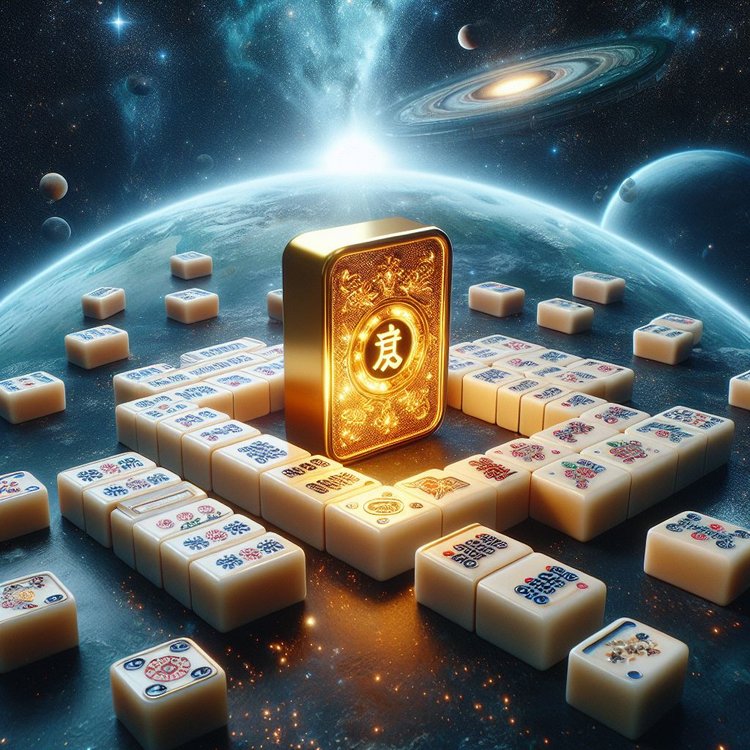In the vast realm of entertainment, few mediums have undergone as dynamic a transformation as gaming. From its humble beginnings as pixelated adventures on arcade screens to sprawling virtual worlds rendered in stunning detail, gaming has become a cornerstone of modern culture, captivating audiences across the globe. Let’s delve into the multifaceted world of gaming, exploring its evolution, impact, and the exciting innovations shaping its future. 
The Evolution of Gaming:
Gaming’s journey traces back to the early Slot mahjong ways days of computing when pioneers like Nolan Bushnell and Steve Jobs laid the groundwork with games like Pong and Breakout. These simple yet addictive titles paved the way for the industry’s expansion, setting the stage for the golden age of arcade gaming in the 1980s.
The advent of home consoles like the Atari 2600 and the Nintendo Entertainment System (NES) brought gaming into households, sparking a revolution in interactive entertainment. Iconic franchises like Super Mario Bros., The Legend of Zelda, and Sonic the Hedgehog became household names, captivating players with their imaginative worlds and innovative gameplay mechanics.
As technology advanced, so too did gaming. The rise of 3D graphics in the 1990s ushered in a new era of immersive experiences, with titles like Doom, Quake, and Final Fantasy VII pushing the boundaries of what was possible in gaming.
The new millennium brought with it online gaming, connecting players around the world in virtual playgrounds where competition and camaraderie flourished. Massively multiplayer online games (MMOs) like World of Warcraft and social platforms like Xbox Live and PlayStation Network revolutionized how gamers interacted, forging communities that transcended geographical boundaries.
Gaming and Culture:
Beyond mere entertainment, gaming has become a cultural phenomenon, influencing art, music, fashion, and more. The rise of esports has transformed gaming into a spectator sport, with tournaments drawing millions of viewers and offering lucrative prizes to top players.
Meanwhile, gaming’s influence on popular culture is undeniable, with iconic characters like Mario, Pikachu, and Lara Croft becoming global symbols. From Hollywood blockbusters to bestselling novels, gaming has permeated every facet of modern media, shaping the collective imagination of generations.
Moreover, gaming has emerged as a powerful tool for education and social change. From puzzle games that stimulate cognitive function to simulations that teach real-world skills, gaming has the potential to revolutionize how we learn and engage with complex topics.
The Future of Gaming:
Looking ahead, the future of gaming holds boundless possibilities. Emerging technologies like virtual reality (VR), augmented reality (AR), and cloud gaming promise to further blur the lines between the virtual and the real, offering experiences that are more immersive and accessible than ever before.
Furthermore, advancements in artificial intelligence (AI) and machine learning are revolutionizing game design, enabling developers to create more dynamic and lifelike worlds populated by intelligent NPCs and adaptive environments.
The gaming industry is also embracing diversity and inclusivity, with efforts to ensure that games represent a wide range of voices and experiences. From indie studios challenging the status quo to major publishers championing diversity initiatives, the gaming landscape is becoming more vibrant and inclusive with each passing day.
In conclusion, gaming is a dynamic and ever-evolving medium that continues to push the boundaries of innovation and creativity. From its humble beginnings to its current status as a cultural juggernaut, gaming has transformed the way we play, learn, and connect with others. As we look to the future, one thing is certain: the journey of gaming is far from over, and the best is yet